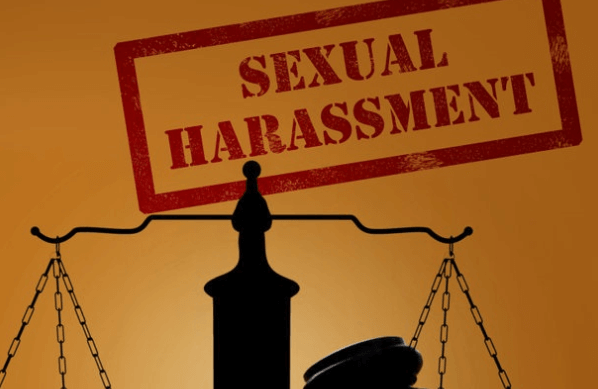Sexual Harassment: When You Should Talk to a Lawyer

A recent study shows that 81% of women and 43% of men have experienced some form of sexual harassment in their lifetime. With such a pervasive issue, it’s all the more important for everyone to know their rights and options for recourse.
Discussing sexual harassment is difficult, and as sexual harassment lawyer Melissa Newman Avila advises, reach out and entrust your case to a reputable firm that can handle your case with dignity and respect. Tell them your story and let them determine whether you have grounds for a claim. Explain the proceedings to you and the compensation you can expect.
If you find yourself in a situation where you feel uncomfortable or violated at work or in any other setting, knowing when to consult with a lawyer can make a significant difference in how you work through such challenging circumstances.
Recognizing Sexual Harassment Signs
If you feel uncomfortable or pressured in any work-related situation, it could be a sign of sexual harassment. Pay attention to behaviors like unwanted touching, comments of a sexual nature, requests for sexual favors, or creating a hostile work environment based on gender. These actions aren’t only inappropriate but also illegal.
Another sign of sexual harassment is if someone uses their position of power to make unwanted advances or threats. This abuse of authority can make you feel trapped and fearful of speaking up. Trust your instincts and take action if you believe you’re being harassed.
And if you notice a pattern of behavior toward you or others that’s unwelcome and creates a toxic atmosphere, it has to be addressed quickly. Document incidents, keep records, and seek support from HR or legal professionals.
Understanding Legal Rights
A lawyer specializing in employment law can help you understand the legalities surrounding sexual harassment. They’ll explain what constitutes sexual harassment under the law, your rights as an employee, and the options available to you for seeking recourse.
Legal rights related to sexual harassment vary depending on the state or country where you work. It’s in your best interest to be informed about the laws that can protect you from harassment in the workplace.
Documenting Incidents and Evidence
When documenting incidents and evidence of sexual harassment in the workplace, be thorough and detailed to strengthen your case. Keep a record of the dates, times, locations, and individuals involved in each instance. Describe the behavior or comments accurately, and include any witnesses who can corroborate your account.
Save any emails, texts, or other communications that may be considered harassing. If there are physical items involved, such as notes or gifts, keep them as evidence. You must also document any changes in your work performance, emotional well-being, or physical health that may be linked to the harassment.
Photographs or screenshots can also serve as valuable evidence. Take pictures of any physical evidence or inappropriate behavior when it is safe and appropriate to do so. Make sure to store this documentation in a secure location where it can’t be tampered with. This meticulous documentation and gathering of evidence can provide your lawyer with a strong foundation to build your case.
Read also What You Need to Know about Motorcycle Shipping?
Consulting With Legal Counsel
Consulting with legal counsel can provide you with valuable guidance on how to deal with the complexities of addressing sexual harassment claims. A lawyer specializing in employment law can help you assess the strength of your case and look for legal options available to you.
It’s important to look for someone knowledgeable about relevant laws and regulations, as well as someone empathetic and understanding of your situation. During your initial consultation, be prepared to provide details about the incidents of harassment you have experienced and any evidence you have gathered.
Evaluating Legal Options
When assessing your legal options for addressing sexual harassment, focus on finding the best course of action with the guidance of a knowledgeable lawyer. They can help you evaluate the strength of your case, determine the potential legal claims you may have, and weigh the possible outcomes of each option.
Your lawyer will assist you in understanding the laws relevant to your situation, such as Title VII of the Civil Rights Act of 1964 or state-specific statutes regarding harassment. They can also advise you on the best strategies for gathering evidence, documenting incidents, and dealing with the legal process.
In evaluating your legal options, consider things like the extent of the harassment, the impact on your well-being and career, and your desired outcome. Your attorney will work with you to develop a tailored plan that aligns with your goals and prioritizes your interests. Discuss and analyze these options together to find the most effective way to address the sexual harassment you have experienced.
Conclusion
If you think you may be experiencing sexual harassment, trust your instincts and get legal advice. By recognizing the signs, understanding your rights, documenting incidents, and consulting with a lawyer, you can take steps to protect yourself and look for your legal options.
You deserve to feel safe and respected in your workplace. So, don’t hesitate to reach out for help and guidance in addressing this serious issue.





